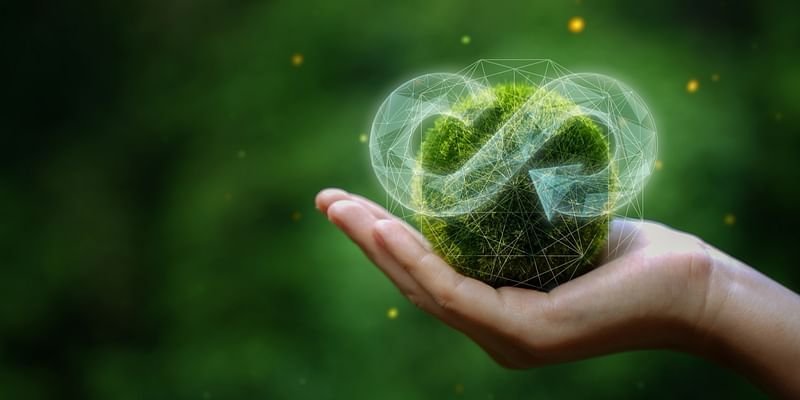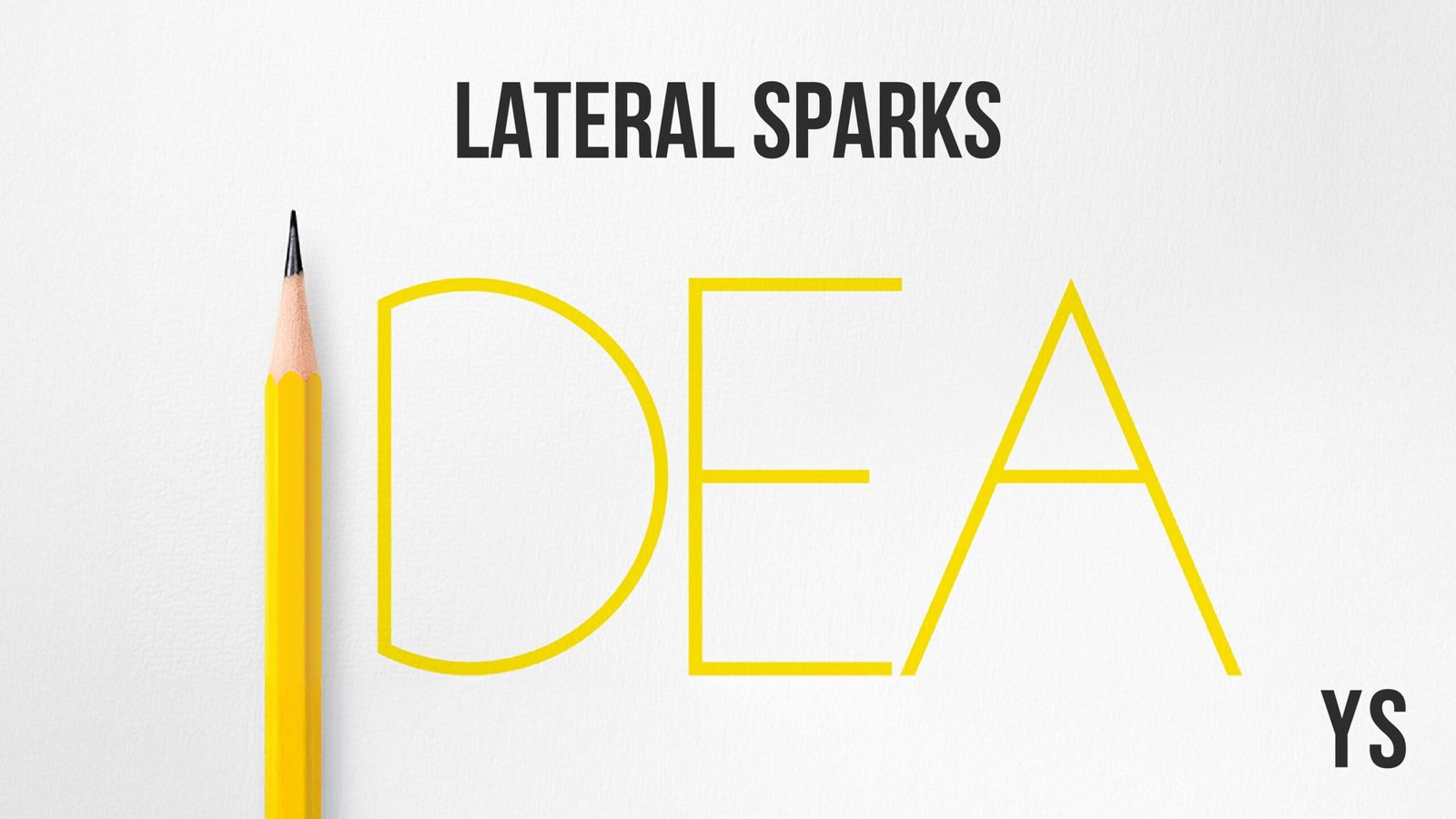Battery recycling startups welcome Cabinet nod to Rs 1,500 Cr incentive scheme to promote critical mineral recycling


The Union Cabinet on Wednesday approved the incentive scheme, as part of its National Critical Mineral Mission, to encourage and develop domestic recycling capacity to separate and produce critical minerals from secondary sources.
The scheme, which will have a tenure of six years from FY26 to FY31, reserves one-third of the outlay to support small and new recyclers, including startups operating in this segment. This is expected to tackle India’s growing reliance on import of critical minerals amidst rising demand for these minerals in the country.
“Recycling is the fastest and most sustainable way for an Atmanirbhar Bharat that can ensure domestic availability of essential minerals like lithium, cobalt, nickel and rare earth elements without depending on imports,” said Nitin Gupta, Co-founder & CEO at Attero, an e-waste and lithium-ion battery recycling company.
“This move will not only boost investments in advanced recycling infrastructure in the country but also accelerate India’s road to achieving circularity, creating green jobs and strengthen the EV and electronics ecosystem,” he added.
Under the scheme, 20% of the incentives will comprise subsidies reserved for capital expenditure such as machinery, equipment, and associated utilities for starting production within a specific timeframe, beyond which reduced subsidy will be applicable.
.thumbnailWrapper{
width:6.62rem !important;
}
.alsoReadTitleImage{
min-width: 81px !important;
min-height: 81px !important;
}
.alsoReadMainTitleText{
font-size: 14px !important;
line-height: 20px !important;
}
.alsoReadHeadText{
font-size: 24px !important;
line-height: 20px !important;
}
}

The operating expenses subsidy will be based on incremental sales over the base year, which is FY26. If a company crosses the required incremental sales threshold, then it will get 40% of the eligible opex subsidy in the second year and the remaining 60% in the fifth year.
According to Utkarsh Singh, co-founder and CEO at battery recycling company BatX, this is an important provision under the scheme.
“When it comes to operating expenses, there is often a big challenge due to the volatile nature of the prices of critical materials. Therefore, the opex subsidy is going to help companies like ours to hedge the prices or hedge the margins in the right manner which will help and motivate companies to produce and scale production in India and also sell the materials domestically.”
However, there is a caveat attached to the scheme. It caps incentives, both capex and opex, for large companies at Rs 50 crore and a total of Rs 25 crore for small companies. This is expected to ensure that benefits are spread across companies.
According to the government, the scheme is expected to develop at least 270 kilo tonnes of annual recycling capacity, leading to around 40 kilo tonnes of annual critical minerals amidst production domestically.
“The focus on recycling of lithium-ion batteries and e-waste, indicates clear focus on securing resources for a sustainable future and recognises recyclers and critical metal refiners like us as partners in national strategy,” said Shubham Vishvakarma, Founder and Chief of Process Engineering at Metastable Materials.
“For innovators in this space, this scheme by the Government of India provides a clear roadmap to scale, modernise, and diversify capacity while also creating green jobs and reducing India’s dependence on imports,” he added.
Edited by Swetha Kannan
Discover more from News Hub
Subscribe to get the latest posts sent to your email.







